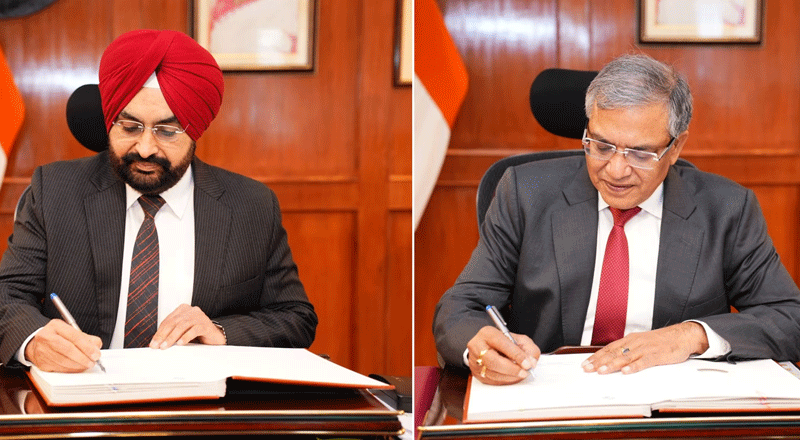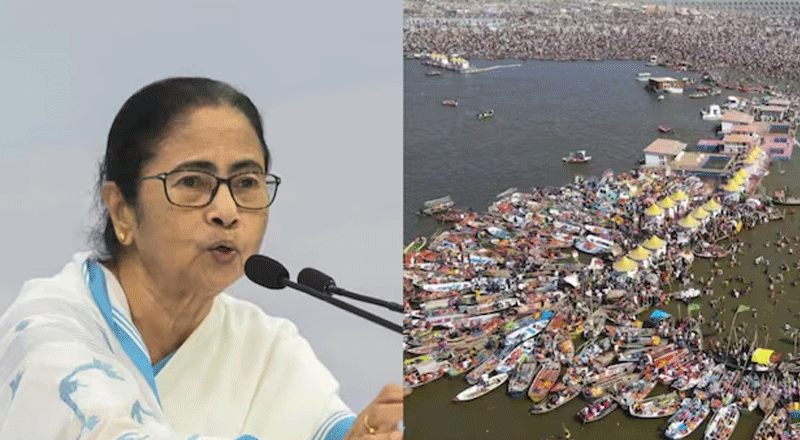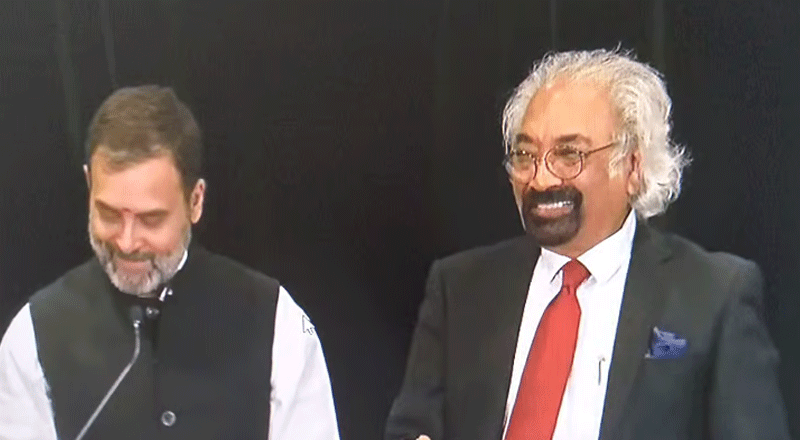India has a new Chief Election Commissioner (CEC) at the helm—Gyanesh Kumar, a seasoned bureaucrat with a distinguished career in public administration. With an extensive background in governance and policy making, Kumar steps into this pivotal role at a crucial juncture, overseeing key elections in the coming years. His tenure is set to run until January 26, 2029, succeeding Rajiv Kumar in this significant constitutional position.
Gyanesh Kumar’s Appointment and Responsibilities
Gyanesh Kumar was appointed as an Election Commissioner in March 2024 and has now been elevated to the position of Chief Election Commissioner. He will oversee the upcoming Bihar Assembly elections later this year and the state elections in West Bengal, Assam, Kerala, and Tamil Nadu in 2025. His tenure will conclude just before the Election Commission announces the schedule for the next Lok Sabha elections.
Educational and Professional Background
A 1988-batch IAS officer from the Kerala cadre, Gyanesh Kumar boasts an impressive academic background. He earned a B.Tech in Civil Engineering from IIT Kanpur and further honed his expertise with studies in Business Finance from ICFAI, India, and Environmental Economics from Harvard University, USA.
Kumar has held several key positions in the Government of India, including:
- Joint Secretary in the Ministry of Defence
- Joint Secretary and Additional Secretary in the Ministry of Home Affairs
- Secretary in the Ministry of Parliamentary Affairs
- Secretary in the Ministry of Cooperation
- He retired from civil service in January 2023 before joining the Election Commission in March 2024.
Key Contributions in Governance
During his tenure at the Union Home Ministry, Kumar played a critical role in major policy decisions. Notably, he was instrumental in drafting the bill that revoked Article 370, leading to the reorganization of Jammu and Kashmir into two union territories in August 2019. Additionally, as Additional Secretary, he was actively involved in the legal proceedings concerning the Ram Temple case in Ayodhya.
His close working relationship with Home Minister Amit Shah has been widely noted, particularly during his tenure as Secretary of the Ministry of Cooperation, where he played a key role in passing the Multi-State Cooperative Societies (MSCS) (Amendment) Act, 2023, aimed at increasing transparency and accountability in the cooperative sector.
With his extensive experience in governance and policy execution, Gyanesh Kumar brings a wealth of knowledge to the role of Chief Election Commissioner. As he steps into this crucial position, all eyes will be on him to ensure free, fair, and transparent elections in India over the next five years.
(With inputs from agencies)





